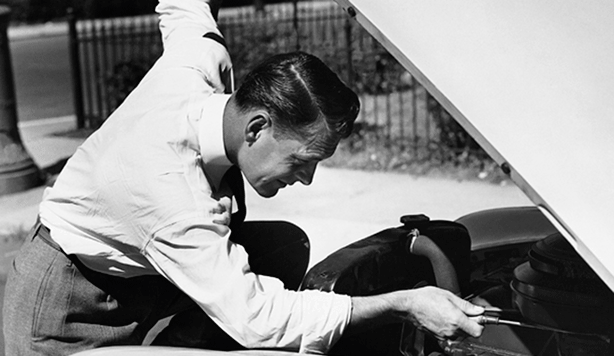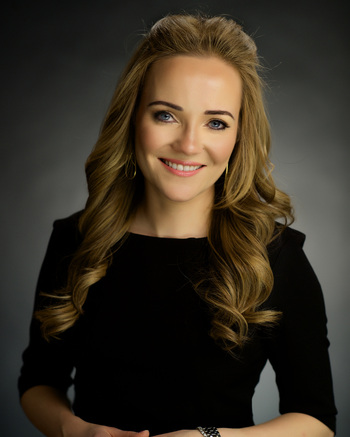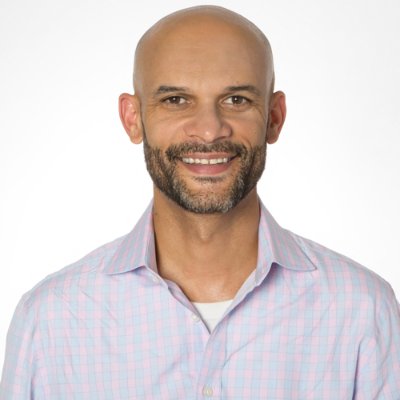
Executive MBAs know what it’s like to be a dean. Outside class, they are leaders themselves. That means they are often responsible for hiring, developing, and evaluating staff. They are crafting strategies to better position and differentiate their firms. Chances are, they are applying their weekend lessons to measure every facet of their employers, tamping down costs and squeezing out greater efficiencies.
Like deans, EMBA students are the ones expected set the tone, map out the mission, and personify the values. Oh, and they have numbers to hit in the process. Naturally, they would be the best people to ask about how business schools can better serve students. During the process of selecting the 2017 Best & Brightest EMBAs, Poets&Quants asked nominees this question: “If you were a dean for a day, what one thing would you change about the executive MBA experience?” From there, we selected some of the most original answers and insightful commentary.
A DEEPER ORIENTATION…OR A CAPSTONE TO PULL EVERYTHING TOGETHER?
IESE’s James Bartlett, an American expat who operates a museum in Brooklyn, would start by altering orientation. Like most European MBA programs, IESE draws students from all corners of the globe. Considering how much team work is often done on impersonal platforms like phone and email, Bartlett would like more time devoted to helping students build strong ties right from the start. “I would put more emphasis on created structured introductions and team building with all the students,” he says.

Georgetown’s Miri Rosner
In contrast, New York University’s Ryan Sparks, a decorated combat veteran who works for JP Morgan, would devote greater energy to a capstone experience to tie the whole EMBA experience together. “We began the program with an intense offsite week; I would end it the same way, culminating in a graduation event.”
Sometimes, career services falls through the cracks with EMBAs, who are often scurrying to carve out time for work and family. That may be something they come to regret says Georgetown’s Miri Rosner, a chief administrative officer for a 600-employee financial firm. In midst of multi-tasking and prioritizing, she wonders if students are missing out on the networking, job hunting, and personal development training available through school career centers. “If I was a dean for a day, I’d perhaps come up with an integrated solution to help enhance this experience for students struggling with this same challenge so that they can still walk away from the program with that much more tangible benefit.”
LET’S SAY WE SKIP THIS WHOLE FINALS THING
As a commuter student, Geoffrey Pope would board the 5:45 a.m. train on Fridays for a 90 minute ride to Columbia Business School. Already a busy insurance executive who’s heavily involved in community causes in Philadelphia, Pope would like business schools to factor their hectic schedules into class scheduling and composition. “I would give EMBA’s preference in the elective bidding process due to their demanding work schedules.”
Come class time, the Class of 2017 would love for several wrinkles to be added to the curriculum. Despite being a top cancer doctor — not to mention a leading medical researcher and professor — Columbia Business School’s Anna Pavlick had little exposure to Excel. Her advice: Don’t take for granted that EMBAs have already mastered certain business fundamentals…particularly Excel. “Having a good understanding of this computer program would have made many subjects easier to manage in the first year,” she admits.
Up the state, Cornell’s Marisa Richetta poses an idea that’s more often echoed in high school hallways: Skip finals. However, don’t think for a second that Richetta is hoping to take the easy way out. Instead, her view is rooted in focusing on what truly brings value to adult learners. “Finals are for two year program students with significant more time than EMBA students,” she suggests. “Problem sets or essays are a better way for concepts to be learned and explored.”
SURPRISE: SOCIAL IMPACT BIG AMONG EMBAs TOO

Notre Dame’s Killjan Anderson
EMBAs tend to be more practical-minded professionals, who are often looking to round out their skill sets and move up in their respective organizations. So it may surprise some that EMBAs like Notre Dame’s Killjan Anderson are looking for greater emphasis on corporate social responsibility. In fact, Wharton’s Lori Wong would build social impact and global perspectives into every class rather than relegate them to electives. At the same time, Yale SOM’s Yu-Hui Rogers, a scientist who helped sequence the first human genome, would take it a step further. “I would orchestrate a one day symposium that focuses on the most pressing humanitarian and environmental crises and challenge the EMBA students to each adopt a problem and bring to bear solutions.”
More than that, EMBAs just want to get out of the classroom more. That’s Tristan Simpson’s contention. The Chief Marketing Officer for a 3,500 employee food products firm, Simpson concedes that she has enjoyed the many impressive guest speakers who’ve spent time with her USC classmates. However, she would like classes that would get her out in the world more to practice real business outside the confines of their employers. “We took a trip to Shanghai for a week, saw different businesses and took tours, but I would do the same in the U.S.”
If MIT’s Barry Stein was the dean for a day, the pioneering physician would spend it by shadowing the actual dean for a day. “I would afford as many students as is possible the opportunity to shadow the dean and other MIT executive business leaders, so they can garner insight into how successful executive leaders comport themselves and navigate their daily challenges and organizational complexities.”
DON’T MISS: The Best & Brightest EMBAs: Class of 2017 OR What Executive MBAs Love Most About Business School





Questions about this article? Email us or leave a comment below.